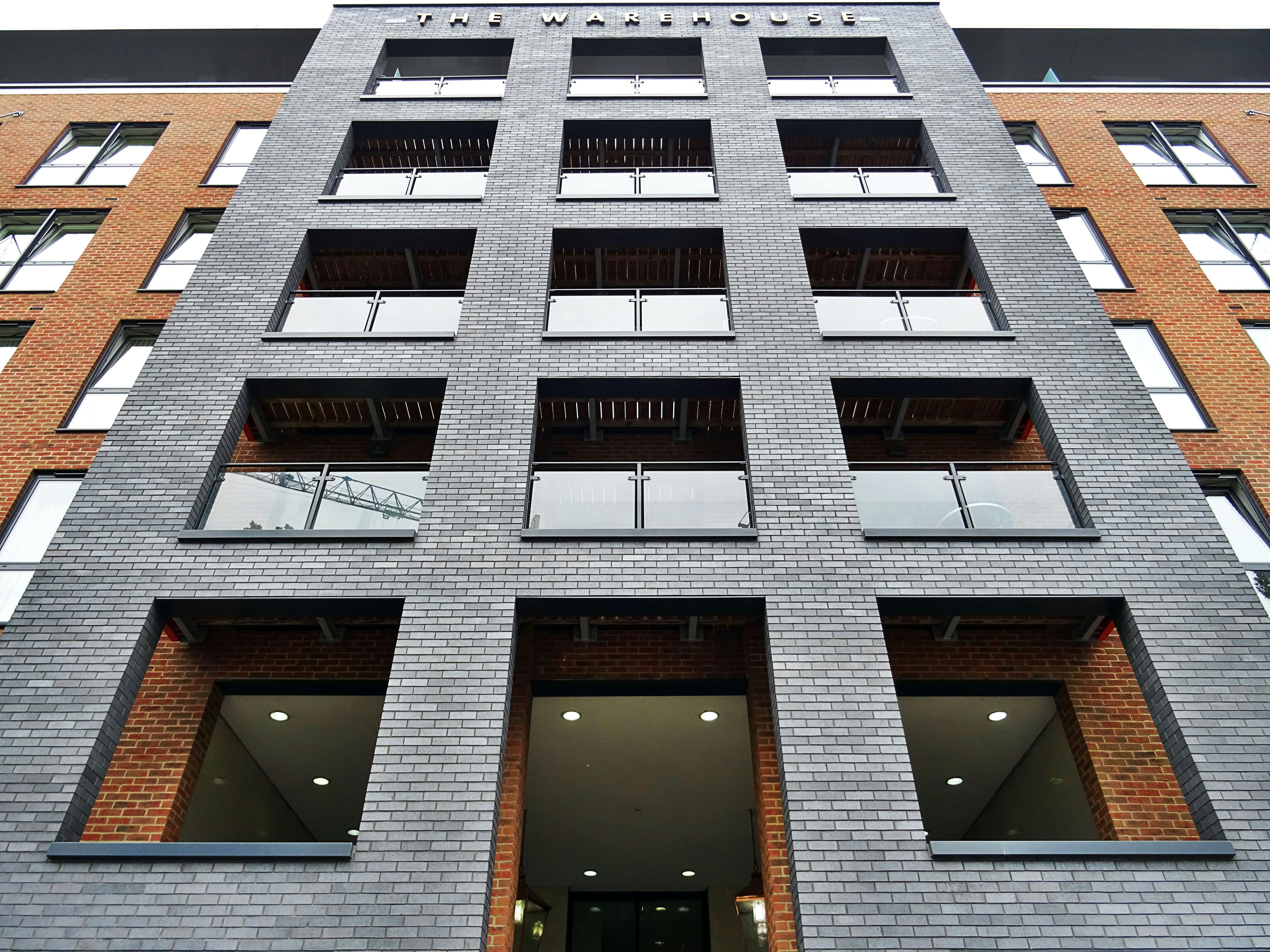I’m not sure why anyone would let tenants fall behind on their payments, but I regularly get calls from students asking what they should do because it’s the 21st of the month and they still haven’t received their first payment due. “Why haven’t you done anything before?” I ask. “Well, they said they were going to pay.”
What other creditor does that line work with? The mortgage company? The gas company? Cable? Where do people learn this tactic? Apparently with owners letting them through instead of responding as soon as payment is late.
We have a set policy and we stick to it. Payments are due on the first and after the fifth. In my world, payments are late after the first, but the government, in its wisdom, decided that tenants should have an extra five days to make their payment, so I have to wait until the sixth to respond to non-payments.
That doesn’t help anyone, as far as I can tell. Because of this, tenants don’t think they have to pay rent until the fifth and wonder why I’m upset when they want to pay after that. “I’m not even late yet,” is his raison d’être. You won the first, so in my opinion, I can assure you that you are very late for the fifth.
But I digress.
On the sixth, we can file and actually apply for possession at our court clerk’s office. Why? Because I don’t want to get to day 20 when they still haven’t paid before I start my actions. At which point, they may decide to hang out and see how long it will take me to evict. Eventually, they might figure it’s cheaper for me to move than to pay the two months’ rent they owe me by then. I don’t want to give tenants so much time to rack up debt or plan alternatives.
It doesn’t help the tenant at all to let them go further into debt. In fact, you are only allowing bad habits that will not help you in any part of life. And it definitely doesn’t help me or help me pay the mortgage, which is, after all, the bottom line. If I can’t pay the mortgage, I lose the house and they lose their place to live.
So, I start every relationship with tenants the same way, letting them know the rules of conduct that are expected, starting with, and above all, punctuality in payments. I inform them of the consequences if payments are not made on time: court proceedings and additional fees on top of your regular payment. These are not fees that I am adding, they are fees that they are creating by not complying with the terms of the contract. My part of the deal is to provide them with the housing they live in, which I have done. Your part of the deal is to pay the agreed amount on the first day of the month. I see no confusion in that arrangement.
Beyond court action, we report to the three major credit bureaus and online rental appraisal services the defaults and late payments that will haunt the tenant for years to come, not just me.
Save yourself time and money. There is no need to send repeated late notices. They know they are late. We send a “pay or resign” and inform them that we have appeared in court on the 6th of the month. Now they must come and pay their rent, late fees and court fees to stop the eviction process. If you don’t want to move, doing it once or twice usually breaks the bad habit. If they don’t intend to pay, we’ve cut it short and we don’t lose more than a month’s rent.
Make sure you know the eviction laws in your state. In some states, the process is more difficult and time consuming. Usually the delay is three, five, seven or ten days before you can start the legal eviction process. Whatever it is, you don’t want to delay the process by taking your time getting things going. I want my tenants to know in no uncertain terms what we will do if rent is not paid as agreed.
The most critical time to start the habit of fast execution is the first few months of a lease. Once they recognize that you are not a lazy landlord, you should have a smooth relationship and prompt payments.
If you haven’t dealt with tenants before, your first instinct will tell you to be understanding and come up with a recovery plan for them because, after all, there was an illness/illness/death/puncture/paycheck mishap/etc. , etc. and you can understand how this can happen. Stop. Take it from someone who has heard all the stories and has tried everything to be the “good guy”: it’s business.
The tenant must pay the payment just like the landlord must pay the mortgage. I’m sorry the problems in his life get in the way of his paycheck, but you can’t let the problems in his life get in the way of yours.
Be reasonable, be responsible. Naturally, if the resident has a good track record but a problem arises, you should work with them. A good tenant is one you want to keep.
What is your experience with late payments?




